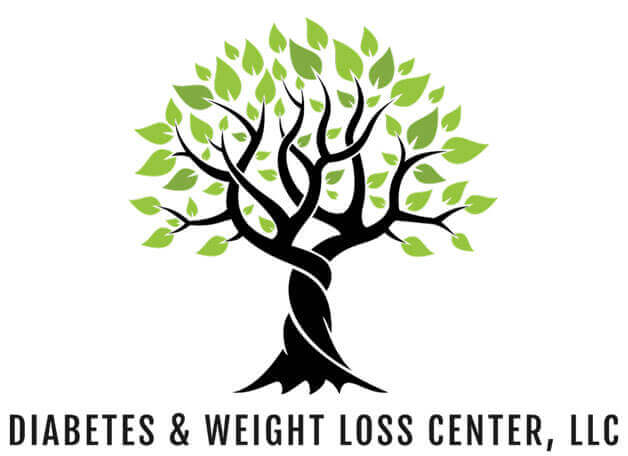Managing your health can sometimes feel like a balancing act, especially if you are dealing with both hypertension and hypothyroidism. These two conditions affect millions worldwide, and when they occur together, they can complicate the treatment plans.
But do not worry; understanding the best treatment options can lead to empowered choices and better health outcomes.
Let us explore effective treatment strategies for managing both hypertension and hypothyroidism.
Understanding Hypertension in Hypothyroidism
Hypothyroidism occurs when your thyroid gland does not produce enough hormones, such as T3 and T4. This can slow down your metabolism, leading to various symptoms and potentially affecting your blood pressure.
Simply put, when your thyroid is underactive, it can lead to an increase in blood pressure, causing hypertension.
Hypertension or high blood pressure is a prevalent condition where the force of blood against your artery walls is too high. When combined with hypothyroidism, it can increase the risk of heart disease and other complications.
The thyroid hormone plays a role in regulating heart function and blood vessel health. When levels are low due to hypothyroidism, arteries can become stiffer, potentially raising blood pressure.
Risk factors for developing hypertension with hypothyroidism include age, obesity, and a family history of thyroid or heart conditions. Common symptoms to watch for include fatigue, weight gain, and sensitivity to cold, alongside signs of high blood pressure like headaches and dizziness.
Diagnosis of Hypertension in Hypothyroidism
Diagnosing hypertension in someone with hypothyroidism requires regular medical check-ups and comprehensive blood tests. These tests help in understanding the levels of thyroid hormones and their impact on blood pressure.
It is crucial to diagnose both conditions accurately to develop an effective treatment plan.
Primary care practitioners play a key role in diagnosing hypertension in individuals with hypothyroidism. They will evaluate your medical history, conduct physical examinations, and order blood tests to check your thyroid function.
Understanding these tests and how they relate to your symptoms can be empowering and help guide your treatment choices.
Treatment of Hypertension in Hypothyroidism
Treatment of hypertension in hypothyroidism involves a combination of lifestyle changes, medication, and lifestyle changes. A balanced approach can significantly improve your health and well-being.
Medications
Medications for hypothyroidism typically involve hormone replacement therapy, which is essential for restoring and maintaining normal thyroid hormone levels in the body. This therapy often includes synthetic hormones, such as levothyroxine, which replicates the function of the natural thyroid hormone thyroxine.
By balancing these hormone levels, not only do they help alleviate symptoms associated with hypothyroidism, like fatigue, weight gain, and depression, but they also contribute to overall metabolic regulation.
An important benefit of normalizing thyroid hormone levels is its positive impact on blood pressure. Proper hormone balance can lead to improved cardiovascular health, sometimes aiding in the reduction of elevated blood pressure.
However, if hypertension persists despite hormone replacement therapy, your provider might recommend additional medications specifically designed to manage high blood pressure.
These additional medications could include ACE inhibitors, beta-blockers, or diuretics, each serving a unique role in controlling blood pressure and reducing cardiovascular risks.
Your healthcare provider will assess your individual health needs to tailor a treatment plan that effectively addresses both hypothyroidism and any associated hypertension, ensuring comprehensive care and optimization of your health outcomes.
Lifestyle Changes
Lifestyle changes are foundational in managing these conditions. Incorporating a healthy diet rich in fruits, vegetables, and low-fat proteins can help control blood pressure.
Regular exercise not only helps with weight management but also improves cardiovascular health and mood. Stress management techniques, such as yoga or meditation, can also be beneficial in controlling hypertension and thyroid problems.
Monitoring and Regular Check-Ups
Blood pressure and thyroid levels need to be regularly assessed to ensure treatments are working effectively. Keep a record of your readings and symptoms to share with your provider during appointments.
This information provides valuable insights and helps your provider make informed decisions about your treatment plan. It also allows for timely adjustments based on your health needs.
Treatment of Hypertension in Hypothyroidism in Oviedo, FL
Your journey to managing hypertension and hypothyroidism starts with proactive steps and informed decisions.
At Diabetes & Weight Loss Center, we are dedicated to helping you manage your health conditions like hypothyroidism, hyperthyroidism, diabetes, hyperlipidemia, obesity, and much more. From hormone replacement therapy to medications and lifestyle changes, our Dr. Adriel Perez, DNP, A-APRN, FNP-C, provides comprehensive care to help you achieve your health goals.
To learn more about the treatment options available for hypertension in hypothyroidism or to schedule a consultation with our family practice provider, call us today at (407) 890-1876 or fill out our appointment request form. We look forward to serving you!


